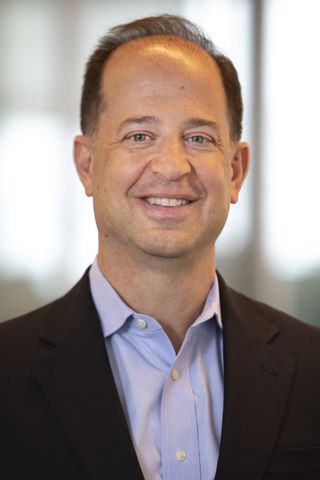Waltham, Mass.– A new report from Wolters Kluwer Health reveals that while healthcare leaders are optimistic about the potential of generative AI (GenAI) to address pressing challenges in the sector, many organizations lack the infrastructure and policies needed to implement the technology effectively.
The 2025 Future Ready Healthcare Survey Report, conducted in partnership with Ipsos, highlights a gap between enthusiasm for GenAI and actual readiness to use it in clinical and operational settings. The findings show that GenAI is widely seen as a key solution for workforce shortages, clinician burnout, administrative burdens, and rising costs, but a lack of preparedness could slow progress.
According to the survey, 80% of respondents identified workflow optimization as a major organizational goal, yet only 63% felt ready to apply GenAI to meet that goal. Similarly, many organizations believe GenAI could support ongoing issues such as prior authorizations, electronic health record (EHR) management, cybersecurity, and telehealth infrastructure, but they have yet to take the necessary steps to fully integrate the technology.
“GenAI has the potential to be a powerful tool for supporting sustainability in healthcare organizations right now, as well as preparing them for a more efficient future,” said Greg Samios, CEO of Wolters Kluwer Health. “The challenge is developing a strategy that optimizes current operations while building the digital capabilities needed for long-term competitiveness. Without that, organizations risk falling behind.”
Staffing issues remain a top concern. The report found that 85% of respondents cited recruitment and retention of nursing staff as a top priority, and 76% pointed to reducing clinician burnout as critical. Clinical professionals also expressed interest in more advanced GenAI capabilities, including ambient listening, AI-driven clinical decision support, and tools to aid communication and documentation.
Despite this demand, GenAI policies remain scarce. Only 18% of survey respondents were aware of formal policies governing the use of GenAI at their organizations, and just 20% reported receiving any structured training. As a result, concerns about implementation are widespread. Over half of those surveyed worry that excessive reliance on GenAI could erode clinical decision-making skills, and many expressed unease over the lack of transparency in GenAI’s role in diagnostic processes.
“To successfully integrate GenAI, organizations must recognize its current limitations, anticipate its future development, and understand the evolving regulatory environment,” said Dr. Peter Bonis, Chief Medical Officer at Wolters Kluwer Health. “It’s also critical to choose GenAI applications that align with clinical and financial goals, support current workflows, and are backed by robust governance.”
The report suggests that without a standardized, scalable, and well-governed approach, the transformative potential of GenAI may remain out of reach for much of the healthcare industry.


